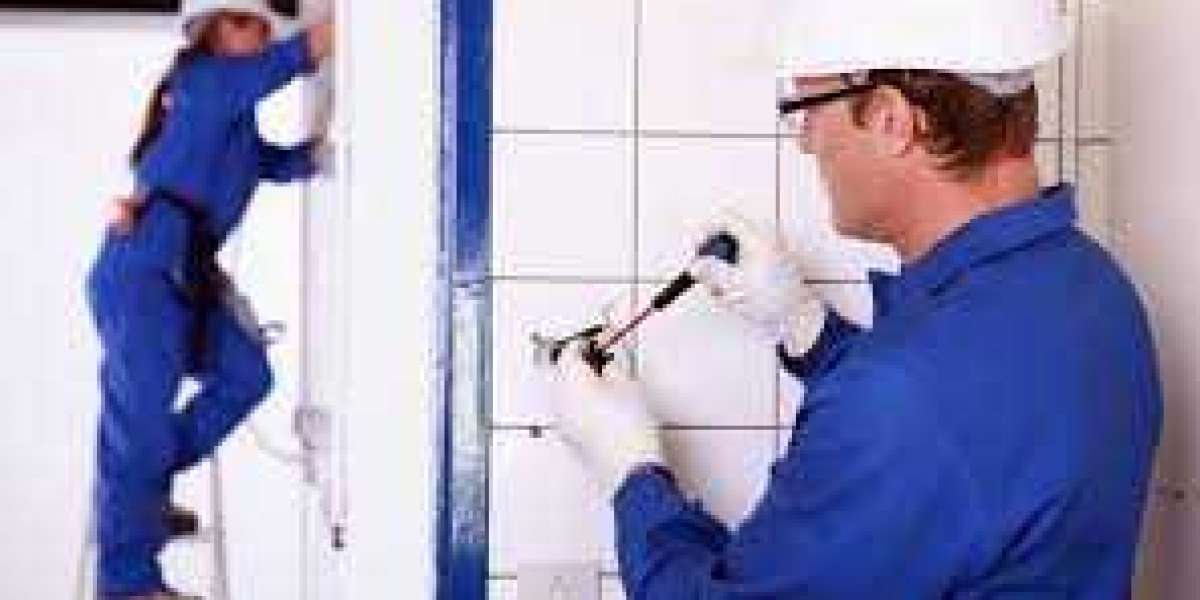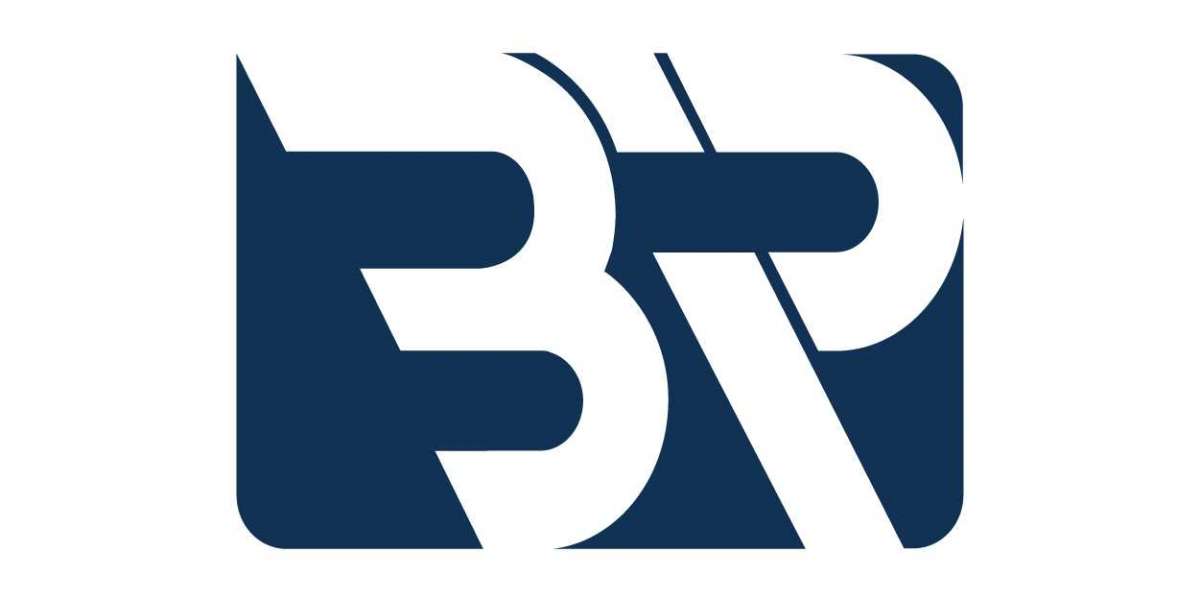Electricity powers almost every facet of modern life, from lighting and appliances to heating and entertainment. However, this convenience also comes with risks, especially in domestic environments where electrical systems may be outdated, overloaded, or poorly maintained. Every year, thousands of homes across the world experience electrical fires, shocks, or system failures due to overlooked hazards. Recognizing these dangers — and understanding how a qualified domestic electrician can mitigate them — is key to keeping your household safe.
In this comprehensive guide, we explore the top electrical safety hazards found in homes and how a domestic electrician plays a crucial role in identifying, preventing, and resolving these risks.
- Outdated Wiring Systems
The Hazard:
One of the most common and dangerous electrical issues in older homes is outdated wiring. Homes built before the 1980s often have aluminum wiring, which is far more prone to overheating and fires than the modern copper wiring used today. Knob-and-tube wiring, found in even older homes, lacks grounding and is not compatible with modern appliances that demand higher loads.
Aging wires become brittle and can crack, leaving conductors exposed and increasing the risk of short circuits or electrocution.
How a Domestic Electrician Prevents It:
A licensed domestic electrician can conduct a full home electrical inspection to determine the age, condition, and safety of your wiring. They may recommend a full or partial rewiring of your home to bring it up to current safety standards. Modern wiring not only handles higher electrical loads more efficiently but is also insulated with fire-resistant materials, dramatically reducing risks.
- Overloaded Circuits
The Hazard:
Plugging too many high-wattage appliances into a single outlet or circuit can overload your system, leading to overheating and potential fires. This is especially common in homes that use multi-plug adapters or extension cords improperly.
According to the U.S. Fire Administration, electrical fires account for about 6.3% of all residential fires, with overloaded circuits being a major contributor. (Source)
How a Domestic Electrician Prevents It:
Electricians assess the electrical load each circuit is handling. They can upgrade your electrical panel or install additional circuits to distribute power more evenly across your home. They also install circuit breakers that trip when a circuit becomes overloaded, which prevents overheating and fire.
- Faulty Electrical Outlets and Switches
The Hazard:
Worn-out or damaged outlets and switches can pose a significant shock and fire risk. Outlets that feel warm, show signs of discoloration, or make buzzing noises should never be ignored. Loose wiring inside these components can spark and ignite surrounding materials.
How a Domestic Electrician Prevents It:
A domestic electrician will replace old or damaged outlets with modern, tamper-resistant receptacles. These outlets are designed to protect against electrical arcing. Furthermore, they ensure that all switch and outlet installations are grounded properly to reduce the risk of shock.
- Lack of Ground Fault Circuit Interrupters (GFCIs)
The Hazard:
GFCIs are designed to shut off electrical power within milliseconds if they detect that current is flowing along an unintended path — such as through water or a person. Without GFCIs, areas like bathrooms, kitchens, and outdoor outlets remain vulnerable to electrical shock, especially when moisture is present.
How a Domestic Electrician Prevents It:
An electrician can retrofit older outlets with GFCI protection, especially in moisture-prone zones. Modern building codes require GFCIs in many locations within a home, but older houses often lack them. This simple upgrade can drastically reduce the risk of electric shock and even save lives.
- Improper Use of Extension Cords
The Hazard:
Extension cords are designed for temporary use, yet many homeowners rely on them as permanent solutions for powering appliances and electronics. This increases the chance of tripping hazards, overheating, or insulation wear — leading to potential shocks or fires.
The Electrical Safety Foundation International (ESFI) reports that extension cords are responsible for roughly 3,300 home fires every year, resulting in about 50 deaths and 270 injuries. (Source)
How a Domestic Electrician Prevents It:
Rather than relying on extension cords, an electrician can install additional outlets exactly where they’re needed. They also provide guidance on the safe use of cords and help design home layouts with convenient access to power.
- DIY Electrical Repairs
The Hazard:
Many homeowners are tempted to perform their own electrical repairs to save money. However, without proper training, even simple tasks like changing a light fixture or installing a dimmer switch can result in hidden wiring issues, short circuits, or serious injury.
Mistakes in wiring can remain unnoticed until they cause problems — such as flickering lights, blown fuses, or, worse, fires.
How a Domestic Electrician Prevents It:
Qualified electricians follow strict safety codes and regulations. They have the experience to identify and fix issues properly the first time, avoiding the hidden risks that DIY work can introduce. Hiring a domestic electrician ensures that all work is compliant with local electrical codes and standards, giving you peace of mind.
- Poor Lighting Fixture Installation
The Hazard:
Lighting fixtures that are not installed correctly — especially ceiling fans or recessed lights — can become unstable, overheat, or expose live wires. Improper wattage bulbs can also create excess heat that degrades the fixture or causes burns.
How a Domestic Electrician Prevents It:
Electricians ensure all lighting fixtures are securely mounted and wired to the correct load capacity. They also recommend energy-efficient lighting options and install dimmers or smart controls that safely handle varying electrical demands.
- Improper Outdoor Wiring
The Hazard:
Outdoor electrical systems are exposed to harsh weather conditions like rain, snow, and extreme temperatures. Without proper protection, wires can corrode or become waterlogged, creating serious shock or fire hazards.
How a Domestic Electrician Prevents It:
Electricians install weatherproof covers, conduits, and Ground Fault protection for all outdoor outlets, lighting, and power sources. They also bury outdoor wiring at proper depths and ensure it’s rated for exterior use to withstand the elements.
- Loose or Exposed Wiring
The Hazard:
Wiring that’s visible or poorly secured can be easily damaged by furniture, pets, or daily household activities. Exposed wires may deliver electric shocks or cause short circuits.
How a Domestic Electrician Prevents It:
An electrician will conceal wiring within walls or protective casings, securing them in accordance with safety standards. This protects against physical damage and reduces the risk of accidental contact with live wires.
- Old or Inadequate Electrical Panels
The Hazard:
Your home's electrical panel is the heart of its electrical system. Old or overloaded panels can't keep up with modern power demands and may fail to trip when needed, increasing fire risks.
Signs of a failing panel include flickering lights, frequent breaker trips, and burning smells.
How a Domestic Electrician Prevents It:
Domestic electricians can upgrade panels to 100-amp or 200-amp systems depending on your needs. These upgrades allow for more circuits and modern safety features, including arc-fault and ground-fault protection. They also ensure your system is future-ready for additions like solar panels or electric vehicle chargers.
Final Thoughts: The Value of a Domestic Electrician
Your home's electrical system is a complex network that demands professional oversight. While many hazards are invisible until disaster strikes, a domestic electrician is trained to spot and fix these issues before they become life-threatening.
Whether you're living in a century-old cottage or a brand-new build, scheduling regular electrical inspections and upgrades with a qualified electrician ensures the ongoing safety, reliability, and efficiency of your home’s power system.
Preventative measures cost far less — financially and emotionally — than recovering from a fire, electrical injury, or appliance damage. Don't wait for warning signs to appear. Proactive home electrical safety starts with a call to your local licensed electrician.








